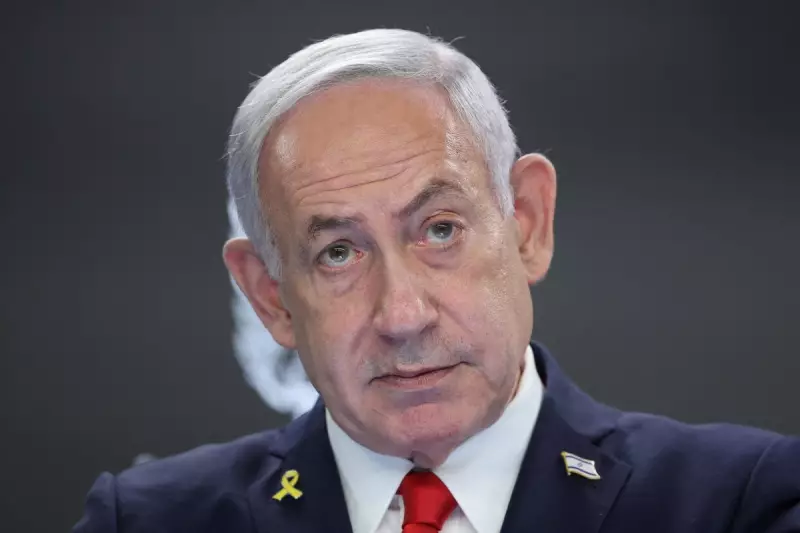
The political and humanitarian catastrophe in Gaza deepens as Israeli Prime Minister Benjamin Netanyahu digs in his heels, firmly rejecting the prospect of a permanent ceasefire. This stance, articulated in a recent opinion piece, is not just a military position but a calculated political gambit with far-reaching consequences.
His strategy appears to be one of absolute victory through overwhelming force, a goal that many allies and foreign policy experts now view as increasingly unattainable and morally questionable. The relentless military campaign has come at a staggering human cost, drawing condemnation from global capitals and straining diplomatic relations.
An Island in a Sea of Criticism
Netanyahu’s government finds itself in a precarious position of growing isolation. Traditional allies, including the United States and key European powers, have expressed profound unease with the scale of civilian casualties and the widespread destruction across Gaza.
The Prime Minister's defiance in the face of international calls for de-escalation is seen by many analysts as a move to appease the most hardline factions within his fragile coalition government. This prioritisation of domestic political survival over international diplomacy is creating significant fractures in Israel's global standing.
The Staggering Human Toll
On the ground, the reality for Palestinians is dire. The offensive has triggered:
- A catastrophic humanitarian crisis with widespread shortages of food, water, and medicine.
- The displacement of over a million people, with many having nowhere safe to go.
- The devastating loss of civilian life, including a high number of women and children.
- The systematic destruction of critical infrastructure, including hospitals and schools.
This human suffering is the central point of contention for the international community and organisations like the United Nations, which accuse Israel of violating international humanitarian law.
A Political Lifeline or a Noose?
For Netanyahu, the war serves a dual purpose. While publicly framed as a necessary response to the October 7th attacks, it also functions as a mechanism for his political survival. By maintaining a state of perpetual conflict, he potentially delays looming corruption trials and unites the country around a common enemy.
However, this strategy is a high-risk game. Mounting domestic pressure from families of hostages and a public weary of war, combined with the potential for an International Criminal Court arrest warrant, could swiftly turn the political tide against him. His refusal to chart a credible post-war plan for Gaza only adds to the uncertainty and criticism.
A Path Forsaken
The alternative path—one of a negotiated ceasefire and a serious commitment to a two-state solution—remains conspicuously absent from the Israeli government's agenda. This refusal to engage in meaningful diplomacy not only prolongs the agony of Gaza but also undermines the long-term security of Israel itself, cementing a cycle of violence and resentment for future generations.
The editorial concludes that Netanyahu’s current course is a profound failure of leadership. By choosing endless war over a difficult peace, he is ensuring further isolation for Israel and immeasurable suffering for countless innocents, with no clear end in sight.





